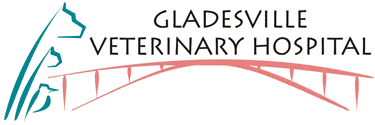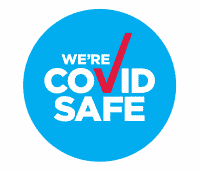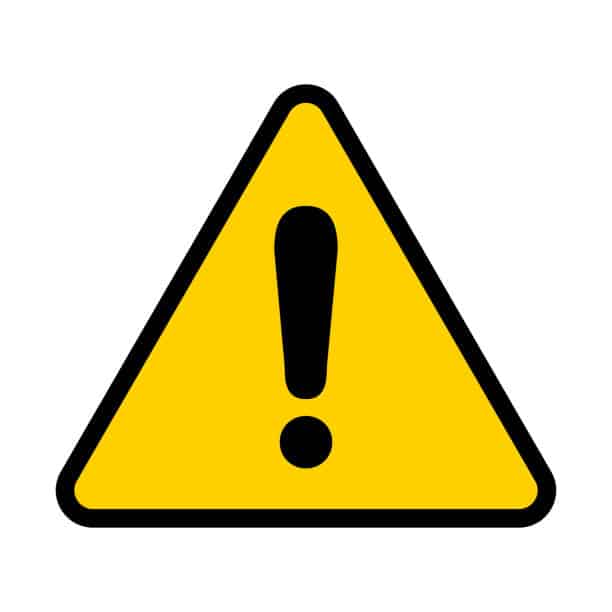Bone scan
A bone scan is a nuclear medicine technique which produces images of any part of the skeleton. Bone scans can usually detect most diseases of bone earlier than other techniques and are more sensitive than x-rays in depicting stress fractures, infections of bones and joints, infections of artificial joints and most tumours.
This means a bone scan can often detect problems long before they would show up on a plain x-ray. There is no special preparation required for a bone scan other than sedation of the animal at the time of the scan.
A scanning camera (Gamma Camera) views the body after the animal is given an injection of a radioactive substance, called Technetium 99mHDP, into a vein. This radioactive substance metabolically collects in both normal bone tissue and that which is more active due to disease processes.


Occasionally knowledge of the pattern of blood flow to the region of interest is required; therefore the injection is given with the animal under the camera. The bones absorb the radioisotope rapidly from the blood stream, however for bone scans, the optimal time between injection and scanning is 2-3 hours.
Scanning is painless and usually takes about 30 minutes. It is performed after the animal is sedated, although sometimes it is necessary to give a light anaesthetic to keep them still while scans are obtained. The animal is placed in various positions on the scanning table or camera face.


The camera detects the low-level radiation coming from the bones and an image is collected and displayed on a computer screen. Areas of concentrated radioactive substance show up as so-called “hot spots.”
Occasionally a special tomographic study (SPECT) may be required in which the gamma camera rotates around the region of interest. This takes additional time. Although the thought of radioactive material in the body may be scary, the substance used is very safe. The amount is small and the dose to the body is less than a chest x-ray.

HOSPITALISATION & AFTERCARE
As the animal and it’s secretions (blood, urine, faeces and saliva) will have some level of radioactivity in the first 24 hours, all animals will remain in our care overnight. After scanning, animals are kept in our purpose built cages in our isolation ward until their radiation levels are below Government standards.
During their stay, they are checked by the in-hospital vet daily and our nursing staff monitor the ward on a regular basis throughout the day. We are happy to board your pet for longer if you have particular concerns about radiation exposure e.g. if there are young children in the family or if someone is pregnant. If you have any questions before, during or after your animal’s scan please do not hesitate to contact us.








